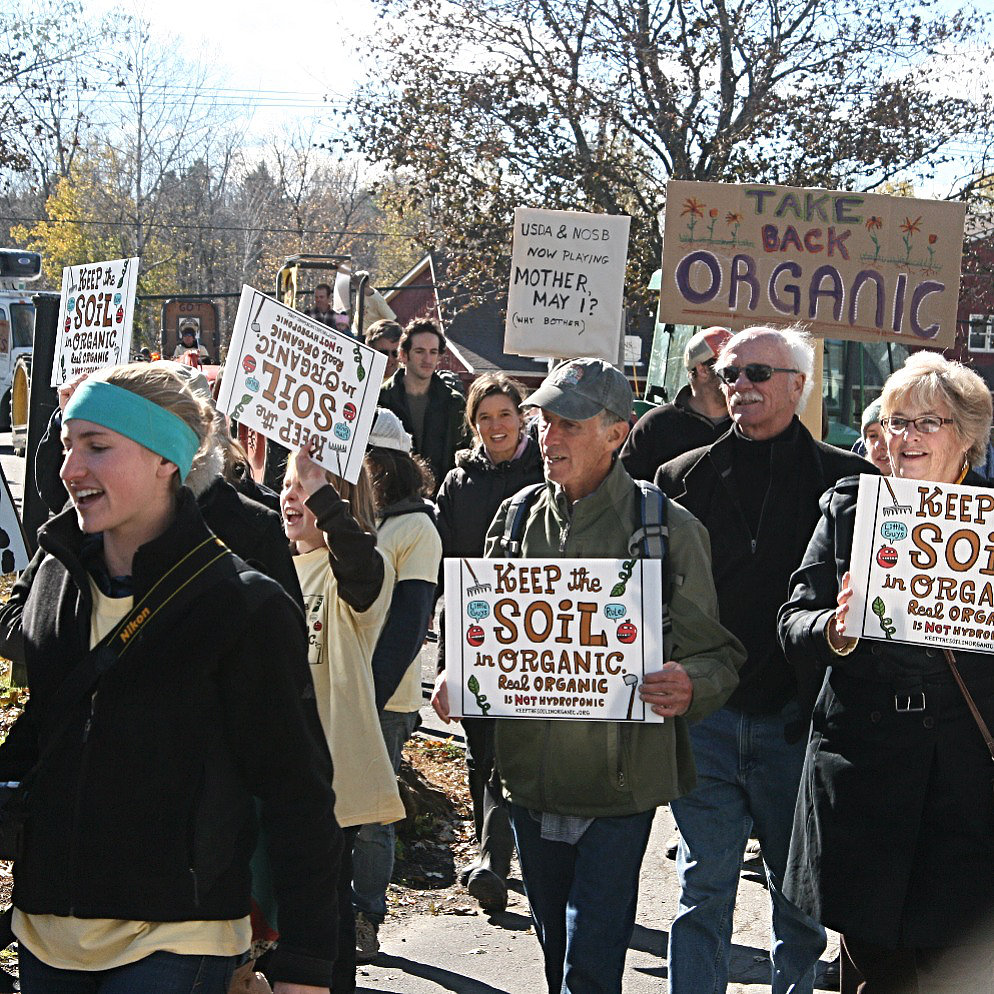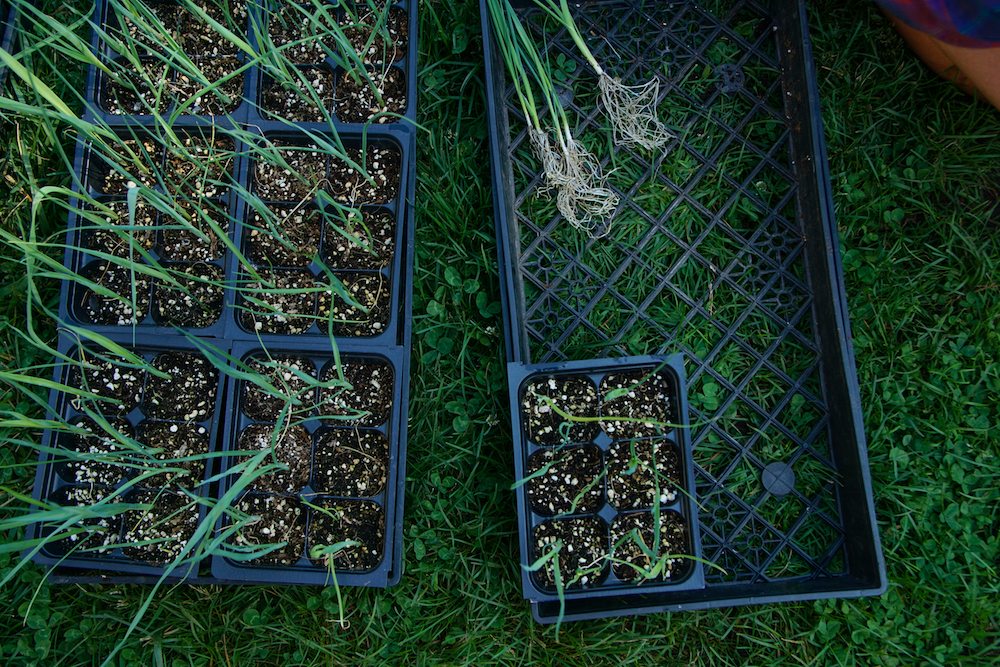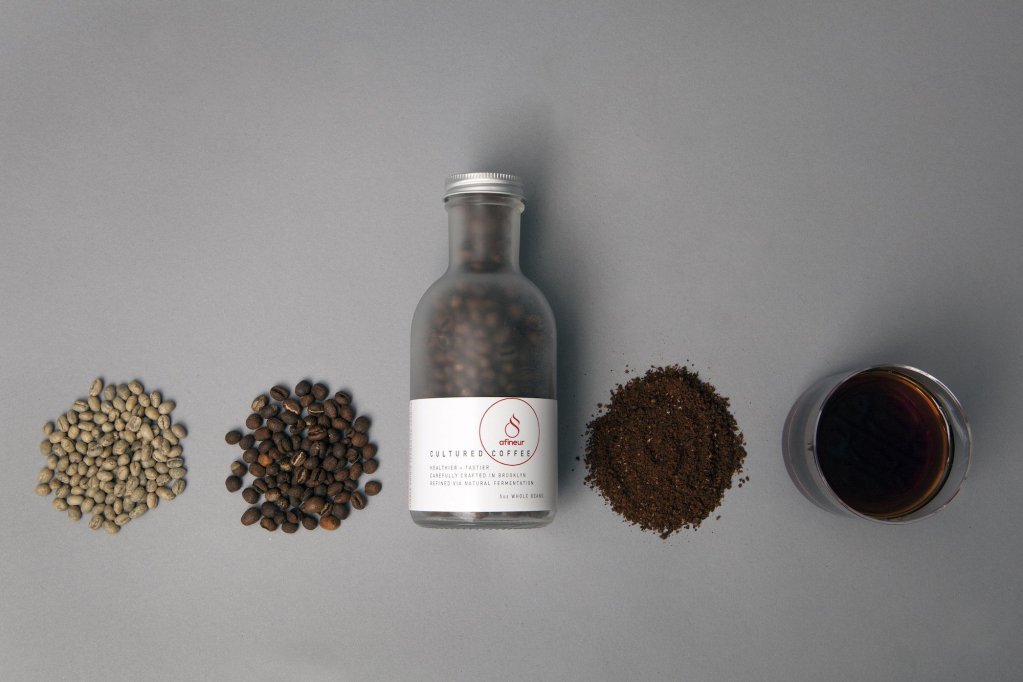This is the web version of a list we publish twice-weekly in our newsletter. It comprises the most noteworthy food stories of the moment, selected by our editors. Get it first here.
It’s not delivery. Increasingly, big food companies are eliminating their human relationships to grocery stores. Kellogg’s stopped delivering products directly to stores a couple of years ago. And now, Bloomberg reports, Nestle is following suit. By shipping SKUs from its own warehouse, rather than hand-delivering, thousands of workers will lose their jobs, and you might have to look a little harder to find DiGiorno pizzas.
Sip on that. Coca-Cola spends millions of dollars each year funding scientific research. A new study revealed that the corporation retains the right to terminate some of the studies it funds, STAT News reports. Though the researchers found no evidence that Coca-Cola actually terminated any studies, the potential exists. Also, this isn’t the first time the company has come under fire for its influence on academia: In 2015, Coke supported research that shifted the blame for obesity away from bad diets and toward lack of exercise.
The divider divide. The batons that separate shoppers’ hauls on the conveyor belt in grocery store checkout lines are … controversial? Clerks like them, German people like them, Americans are divided. Some think they’re passive-aggressive, some think they’re just awkward. Mel Magazine has more.
The rise of the cozy kitchen. The rise of the cozy kitchen. Who invented the apartment kitchen? Up until the 20th century, New York apartments didn’t come equipped with a separate room for cooking. Working-class residents made do with a cast iron stove that did double duty as a heater, and the well-heeled simply ordered in for every meal (some things never change). Enter Margaret Shutte-Lihotzky, who drew inspiration from railway dining cars and designed the highly influential Frankfurt Kitchen, conceived as an efficient space where working women could cook quickly for their families. Read the full story on CityLab.
STEM for stems. If agriculture’s next wave truly is in precision technology, the industry is going to need to attract a lot more digital-savvy talent. According to a new story from the Pew Charitable Trusts’ Stateline blog, fewer tech people are graduating with ag-adjacent degrees than will be needed to fill jobs by 2020. It’s simply not that easy to convince a would-be engineering major to focus on the farming sector instead.









